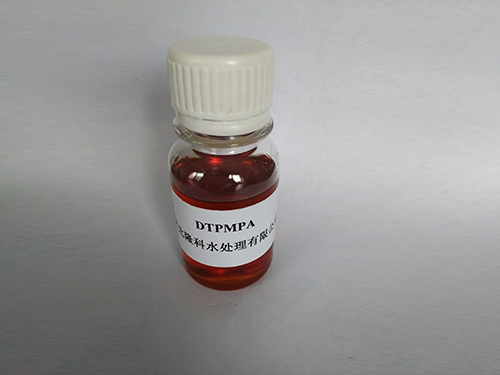Effective Flocculant Chemicals for Enhancing Water Quality in Treatment Processes and Applications
The Role of Flocculant Chemicals in Water Treatment
Water is an essential resource for life, but the increasing pollution from industrial, agricultural, and domestic sources has made clean and safe water difficult to obtain. In the quest for effective water treatment solutions, flocculant chemicals play a pivotal role in the purification process. These chemicals assist in removing suspended particles from water, making it suitable for consumption and various industrial applications.
Flocculant chemicals are substances that promote the agglomeration or flocculation of particles suspended in liquids. When added to wastewater or drinking water, they initiate a reaction that leads to the formation of larger particles called flocs. These flocs can then be easily removed through sedimentation or filtration, significantly improving water quality.
Types of Flocculants
Flocculants can be classified into four main categories organic polymers, inorganic coagulants, natural flocculants, and composite flocculants. The selection of a specific type depends on the water's characteristics and the contaminants present.
1. Organic Polymers These are synthetic compounds, often based on polyacrylamide, designed to enhance floc formation. They are highly effective in various water conditions and can be tailored for specific applications.
2. Inorganic Coagulants Commonly used inorganic coagulants include aluminum sulfate (alum) and ferric chloride. These substances work by neutralizing the charge on particles, promoting their aggregation.
3. Natural Flocculants Derived from natural sources, such as plant extracts or biopolymers, natural flocculants are gaining popularity due to their eco-friendliness and biodegradability. Examples include chitosan and certain starches.
flocculant chemicals for water treatment

4. Composite Flocculants These are combinations of different types of flocculants, designed to enhance effectiveness across a broader range of contaminants.
Mechanism of Action
The flocculation process involves several stages charge neutralization, bridging, and aggregation. Initially, flocculants neutralize the negative charges of suspended particles. This is usually followed by the bridging phase, where the flocculant molecules connect multiple particles, leading to the formation of larger aggregates. Finally, these aggregates settle due to gravity, allowing for easier removal from the water.
Applications in Water Treatment
Flocculants are widely used in various sectors, including municipal water treatment, industrial wastewater treatment, and mining operations. In municipal setting, flocculants help remove turbidity and contaminant particles, ensuring that drinking water meets safety standards. In industrial applications, they facilitate the recycling of water and the recovery of valuable materials from waste streams.
Furthermore, in the mining industry, flocculants are crucial for the separation of minerals from waste materials. By enhancing the clarity of water used in mineral processing, they contribute to more efficient resource extraction and environmental protection.
Conclusion
Flocculant chemicals are indispensable tools in the field of water treatment, playing a vital role in enhancing water quality across various applications. As the global demand for clean water continues to rise, the importance of effective flocculation processes will only increase. By combining innovation with eco-friendly practices, the water treatment industry can meet these challenges head-on, ensuring that clean water remains accessible for future generations. The ongoing research and development in flocculant technology hold promise for even more effective solutions to address the ever-growing issue of water pollution.
-
lk-319-special-scale-and-corrosion-inhibitor-for-steel-plants-advanced-solutions-for-industrial-water-systemsNewsAug.22,2025
-
flocculant-water-treatment-essential-chemical-solutions-for-purification-processesNewsAug.22,2025
-
isothiazolinones-versatile-microbial-control-agents-for-industrial-and-consumer-applicationsNewsAug.22,2025
-
scale-inhibitor-key-solutions-for-water-system-scale-preventionNewsAug.22,2025
-
organophosphonates-versatile-scale-inhibitors-for-industrial-water-systemsNewsAug.22,2025
-
scale-and-corrosion-inhibitor-essential-chemical-solutions-for-water-system-maintenanceNewsAug.22,2025





